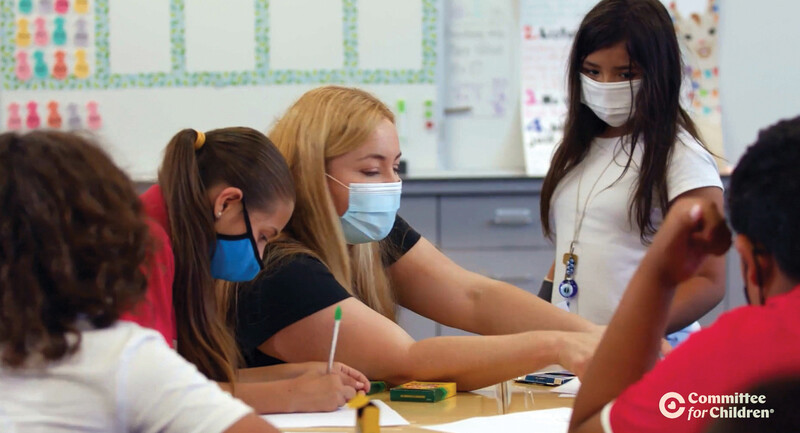Throughout our teaching preparation programs, we hear about the importance of building personal relationships with our students, understanding them, and finding out what makes them tick. But often, even veteran teachers encounter certain barriers when they try to build rapport with their students.
Grading Behavior Instead of Achievement
The number one way to damage rapport: bad grades for trivial rules. Students, although sometimes secretly, enjoy consistency and fairness. Most students like a detailed syllabus, clear timelines, and established consequences for not meeting deadlines. But how do you handle assignments that are late due to personal circumstances and respond with empathy?
The traditional method for accepting late assignments in high school is grade reduction. Like many other teachers, I practiced this policy for years and found it to be minimally effective. Students rarely completed assignments past the due date. After several years of marking Fs in the grade book and studying the correlation between student averages and actual performance, I came to the harsh reality that, all along, I had been grading behavior instead of achievement.
I had to reflect on whether this practice aligned with my teaching philosophy of fair assessment. I realized that I should not concern myself so much with timeliness, but instead listen to the explanation for the late assignment without judgment. By conferencing with students and parents to determine the root of incomplete or poor assignments, I quickly strategized ways to remedy concerns. Although replacing the incompletes in the grade book was sometimes inconvenient, grades became much more reflective of students' achievement, and, mostly, the data aligned with scores on state and national exams.
Forgetting to Be Kind
The handbook I received on my first day of new-teacher orientation listed many daunting imperatives, including #12, which read, "Praise publically and scold privately." It wasn't until later that I understood the logic of the expression: dishing out accolades and smiles for correct answers and improvement creates a ripple effect, resulting in a much more pleasant classroom environment.
However, I also discovered that independent praise can be beautiful and that scolding isn't necessary. I began pulling students aside to discuss their performance and attached "Food for Thought" comment cards to their assignments or progress folders. For the higher-performing students, the cards contained an accolade while posing "devil's advocate"-type questions as a metacognitive technique ("Great argument! But how do you think the author would respond to … "). For struggling students, the cards included tips for improvement and exemplars of what to strive for. Framing critique as guidance and conversation made students much more receptive to feedback, and they felt valuable and worthy of being heard.
Overlooking Their Lifelines
Every teacher has a challenging student—one who may be contentious or apathetic, sleeps during class, or does not complete assignments. Although this student may seem unreachable, the circumstances behind his behavior may be complicated and deserve your attention. When students feel safe in their learning environment and believe that you have a vested interest in their success, they will put forth the effort. Show this student you care by finding his lifelines—the important relationships, interests, and motivators that stimulate him.
Other people know this student, too. More than likely, you are not the only one who has experienced his pushback. Get in touch frequently with his parents, coaches, fellow teachers, and administrators for insight. Try the strategies that work for them, listen to and praise the student often, and persist in your effort to build rapport.
To establish an authentic rapport among all students, use your passion for teaching, sense of humor, and joie de vivre. Ask students about their interests, tell them how you enjoyed their performance at the pep rally, and ask questions about pop culture that only a teenager could answer.
Figure
Would you like to write for the next "Road Tested" column? Visit www.ascd.org/educationupdate for submission details.








